10 Benefits Of Marshmallow Root, How To Use It, & Side Effects
Healthy ingredient with several healing properties to keep several ailments at bay.
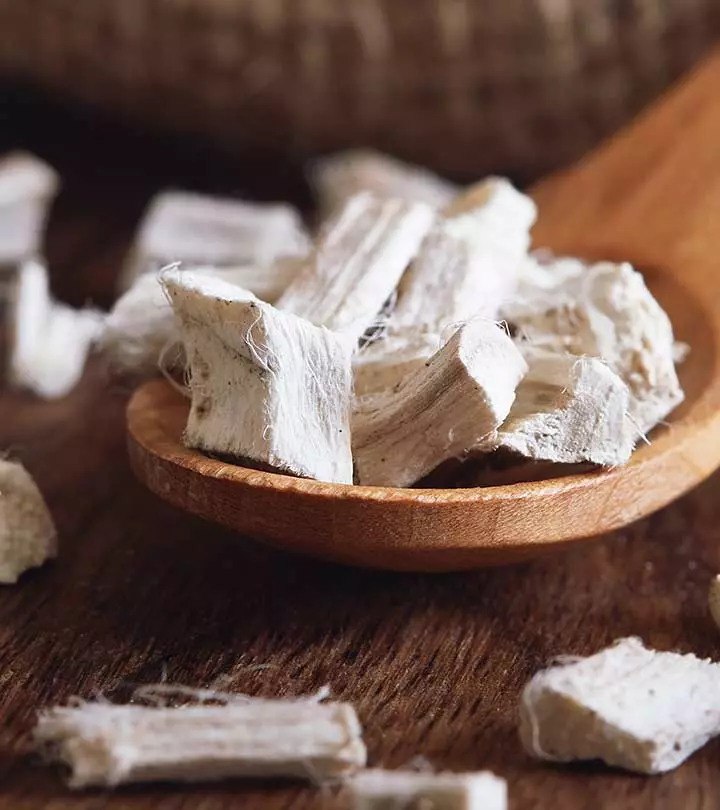
Image: Shutterstock
Marshmallow root benefits have been known for centuries. The herb has been scientifically proven to provide many health benefits in addition to its traditional usage. It is a potent source of flavonoidi A large family of naturally occurring plant chemicals that protects against oxidative damage and prevents diseases. antioxidants, dietary fiber, and beneficial bioactive compounds. These components may also aid weight loss. In addition, it is useful in treating coughs and colds, is naturally antibacterial, and boosts gut and cardiovascular health. This article discusses the importance of marshmallow root, its benefits, recommended dosage, and possible side effects. Take a look.
 Know Your Ingredient: Marshmallow Root
Know Your Ingredient: Marshmallow RootWhat Is It?
A light brown, husky, fibrous root of the marshmallow plant that has a sweet and earthy taste.
What Are Its Benefits?
It boosts heart health and helps treat colds, coughs, and bacterial infections.
Who Can Consume It?
Anyone can consume this except people on lithium and diabetes medications.
How Often?
It can be taken daily in the form of powder, capsule, or tea.
Caution
Avoid consuming marshmallow root if you are pregnant, breastfeeding, or have a surgery scheduled in 2 weeks.
In This Article
What Is Marshmallow Root?
Marshmallow is a plant native to Africa and certain parts of Europe that has been used for centuries to prepare herbal treatments. Its history stems from nearly 3000 years ago as a folk remedy back in the times of ancient Egypt and Greece.
A blogger shared their experience of trying marshmallow root. They said,”Marshmallow root looks like white wood shavings, and tastes like chewy dried mushrooms. It’s not bad actually. But I think it is best ground up and mixed with something, like vegan gelatin and then graham crackers and chocolate (i)” .
It also has gained importance in Ayurvedic medicine as a potential treatment for lung ailments, bacterial infections, digestive issues, and even certain skin ailments. Interesting, right? But how does this root work?
 Trivia
TriviaKey Takeaways
- Marshmallow roots have antibacterial properties that may relieve colds and coughs, boost gut health, soothe inflammation, and reduce swelling or tenderness of the skin.
- These roots may help fight lung cancer and improve heart health.
- Marshmallow roots can help treat heartburn, constipation, diarrhea, and acid reflux.
- They have moisturizing properties that make the skin soft and boost skin and hair health.
- These roots contain protein that nourishes hair and makes it thicker.
How Is Marshmallow Root Good For You?
Marshmallow is a natural mucilage, which means it acts like soft fiber and swells up when it comes in contact with water. This quality makes the root form a protective coating around membranes. The root contains flavonoid antioxidants, pectin (a type of fiber), amino acids like asparagine, and other compounds like coumarin, phenolic acids, tannins, and quercetin (anti-viral, anti-fungal, and anti-bacterial substances).
Studies show how all these compounds act as a demulcent and improve the functioning of the mucous membranes in the respiratory tract, thereby averting several serious ailments (1). This makes marshmallow root a natural alternative to OTC expectorants. Anecdotal evidence suggests that its calming qualities may also help reduce allergy and asthma symptoms, making it a useful herbal medicine. Further, the antioxidants in the root prevent oxidative damage in the body, offering another set of wonderful benefits.
What is marshmallow root good for? Now that you know the background, it is time to get into the details.
What Are The Benefits Of Marshmallow Root?
1. Treats Cough And Cold

The antitussivei The property of an agent or medicine that helps suppress coughing by blocking the coordinating region for coughing located in the brain. and mucilage properties of marshmallow root decrease throat irritation and reduce swelling of the lymph nodes. This can help relieve cough and cold and other respiratory ailments, including a sore throat (2). One study found that a herbal syrup containing marshmallow root relieved respiratory ailments associated with mucus formation (3). Marshmallow tea works wonders in this regard and the herb seems to soothe every tissue it touches.
2. Might Help Combat Lung Cancer
The antioxidant property of the root might help prevent cancerous tumor growth, especially in the lungs. Also, the high amounts of vitamin C in the root clear mucus anywhere in the body, with more concentrated effects on the mucus in the lungs. The vitamin C in the root can boost the immune system too, which may also have an anti-tumor benefit on the body.
As several reports suggest, marshmallow root works wonders for the lungs. And hence, this might be a supplementary anti-cancer remedy. However, we recommend you speak to your doctor before starting any new treatment regimen.
3. Marshmallow Root Treats Leaky Gut
Given its high mucilage content, it reduces inflammation of the stomach lining, treats gastritis, and even heals stomach ulcers. It creates a protective lining in the digestive tract, thereby treating leaky gut syndromei A digestive condition where the gut lining is damaged, thereby allowing for bacteria and toxins into the bloodstream. .
Marshmallow root also helps individuals suffering from inflammatory bowel diseases (IBS) like Crohn's diseasei A chronic inflammatory bowel disease that affects the lining of the digestive tract and causes swelling, diarrhea, pain, and fatigue. and ulcerative colitisi An inflammatory bowel disease that affects the innermost lining of the digestive tract with symptoms like bleeding, pain, and diarrhea. .
 Did You Know?
Did You Know?4. Fights Bacterial Infections
Symptoms of any infection, like swelling, tenderness, or burning, can be treated by taking marshmallow root. The root has been found to kill the bacteria and accelerate the healing process (4).
Ingestion of marshmallow root even increases urine secretion – and this helps flush out the bacteria that cause infections, including infections of the urinary tract and kidney stones (5).
Some sources say that marshmallow root also helps treat interstitial cystitis, a form of bladder disease (6). Though this disease is not exactly caused by bacterial infection, the soothing properties of marshmallow root (and the tea) might reduce inflammation and treat the condition.
5. Boosts Heart Health

Inflammation is one of the root causes of heart disease, and since marshmallow root fights inflammation, it can improve heart health and may lower blood pressure. In some studies, one of the primary marshmallow root benefits was that this root had elevated levels of good cholesterol (7).
6. Enhances Digestive Health

Marshmallow root can help relieve a host of digestive issues, including heartburn, acid reflux, diarrhea, and even constipation. In fact, it coats the inner lining of the stomach and prevents burning sensations.
Research shows the herb repairs the gut lining and keeps the digestive system functioning optimally (8).
7. Reduces Water Retention
The diuretic effects of marshmallow root play a role here. It helps treat a bloated stomach and even edema (9).
 Did You Know?
Did You Know?8. Treats Skin Troubles

Marshmallow root soothes the nerve-sense system of the skin, which, in turn, reduces skin irritation. The root can also be used topically for wound healing, burns, insect bites, dry or chapped skin, and even peeling skin (10).
The mucilage properties of the root soften the skin, which is one reason it is an active ingredient in most skin care products.
The anti-inflammatory properties of marshmallow root are also helpful in treating eczema. The polysaccharides in the root moisturize the skin and add a protective layer to ultra-sensitive skin (1).
9. Marshmallow Root Boosts Hair Growth

The mucilage in marshmallow root may benefit your hair. It binds with hair proteins and makes the strands appear thicker. This mucilage may also be used as a hair detangler and conditioner.
10. Helps Reduce Pain
Marshmallow root has been traditionally used for its potential pain-relief properties. It is often used to relieve sore throat discomfort and cough as it has antitussive properties (11). In addition, marshmallow root may help reduce muscle and joint pain when applied topically or infused into creams. However, there is not enough scientific evidence to prove the same. While it should not be used as a substitute for any medical treatment, marshmallow root may provide relief to those seeking natural pain soothing options. It is advised to consult a healthcare professional before using marshmallow root or any herbal remedy to address specific pain concerns to avoid any undesirable side effects.
Those are the health benefits of marshmallow root. The best way to avail the marshmallow root is to consume it in the form of tea. But how do you prepare it?
How To Make Marshmallow Root Tea
The process is simple:
- Fill one-fourth of a jar with marshmallow root.
- Fill the jar with lukewarm water and cover it with a lid.
- You can allow it sit for about 6 hours or even overnight. You will see the water turning light yellow.
- Strain the roots. You will get a thick liquid.
- That’s your marshmallow tea.
The marshmallow root tea recipe is quite simple, right? But what are the other forms of marshmallow root? Scroll down to know.
Other Forms Of Marshmallow Root
In addition to tea, marshmallow root is available in capsule, tincture, and powder form. You can also purchase dried, peeled, and unpeeled marshmallow root extracts. You can consume each form differently per your personal taste and medical requirements. You can also find topical products, like ointments and creams, made primarily with marshmallow root. Some pharmacies may also sell marshmallow root cough syrup to manage respiratory problems.
But what about the dosage? How much marshmallow root can you consume in a day?
What Is The Dosage Of Marshmallow Root?
For respiratory issues
, take 1 to 2 teaspoons of marshmallow root powder several times a day. You can also have 1 to 2 cups of marshmallow tea.
For digestive issues, take 6 grams of marshmallow root every day. This can be in the form of powder, capsules, or even tea.
If you are using it on your skin, you can purchase an ointment or balm with the root as one of the ingredients. And for shampooing, you can use the tea.
Ensure you take the root at least two hours before or after you take your medications (if any).
The dosage is important. Not following it might lead to side effects.
Side effects. What are they?
What Are The Side Effects Of Marshmallow Root?
These side effects are rarely reported as marshmallow is usually well tolerated in adults. The root is generally recognized as safe by the FDA, in amounts normally found in foods (12). Possible marshmallow root side effects may include the following:
- Issues During Pregnancy And Breastfeeding
There is not enough information on the safety of marshmallow root during pregnancy or breastfeeding. So, stay safe and avoid its use. Those who take anticoagulants should consult their doctor before consuming marshmallow root, as it may intensify the effects of these drugs.
- Diabetes Complications
Some sources say that marshmallow might interfere with your blood sugar levels. Hence, if you are already on diabetes medications, avoid the root to prevent your blood sugar levels from falling to dangerously low levels.
- Issues During Surgery
Since the marshmallow root extract might affect blood sugar levels, it can interfere with blood sugar control during and after surgery. So, stop taking marshmallow root at least two weeks before your scheduled surgery.
 Quick Tip
Quick TipInfographic: Marshmallow Root Benefits
Marshmallow root is known for its healing properties. This folk remedy is available in capsule, tea, or tincture forms. This perennial herb may help in cancer prevention, relieve cough and cold, treat leaky gut, fight bacterial infections, and boost heart health. You can use it in many ways as it is available in different forms. Check out the infographic below to learn more about the benefits of marshmallow root and how to use it. Illustration: StyleCraze Design Team
Marshmallow root benefits are numerous. It is loaded with many beneficial nutrients. This root can effectively manage cough and cold as it has antitussive properties. In addition, it reduces the risk of lung cancer, treats leaky gut, fights bacterial infections, boosts memory and brain function, enhances hair and improves liver health, kidney health, heart health, bone health and joint health. Also the herb’s soothing effects may help reduce anxiety, stress, depression and insomnia. Further, anecdotal evidence suggests that marshmallow root may also ease menstrual cramps and menopause discomforts due to its ability to improve the gastrointestinal system. It has also been used in folk medicine to improve the male libido and increase fertility. One can also manage excess water retention and other skin issues well with marshmallow roots. You can make marshmallow root tea with simple ingredients. However, do not overdose on it as it may trigger issues during pregnancy and surgery. Consuming it in moderate amounts helps reap the benefits.
Frequently Asked Questions
Where can you buy marshmallow root?
You can get the root from your nearest health store.
Can you take slippery elm and marshmallow root together?
There is little information on this. Though you can use both together, we recommend you talk to your doctor before doing so.
How much sugar does marshmallow root contain?
The root contains zero sugar.
Can you take marshmallow root on an empty stomach?
Yes, you can drink marshmallow root tea on an empty stomach to reduce your gut inflammation.
Does marshmallow root affect hormones?
The extract of marshmallow root was found to impact T3 and TSH hormones dose-dependently (the effects of treatment with a drug) and may also boost metabolism (13).
Illustration: Benefits Of Marshmallow Root How To Use It & Side Effects
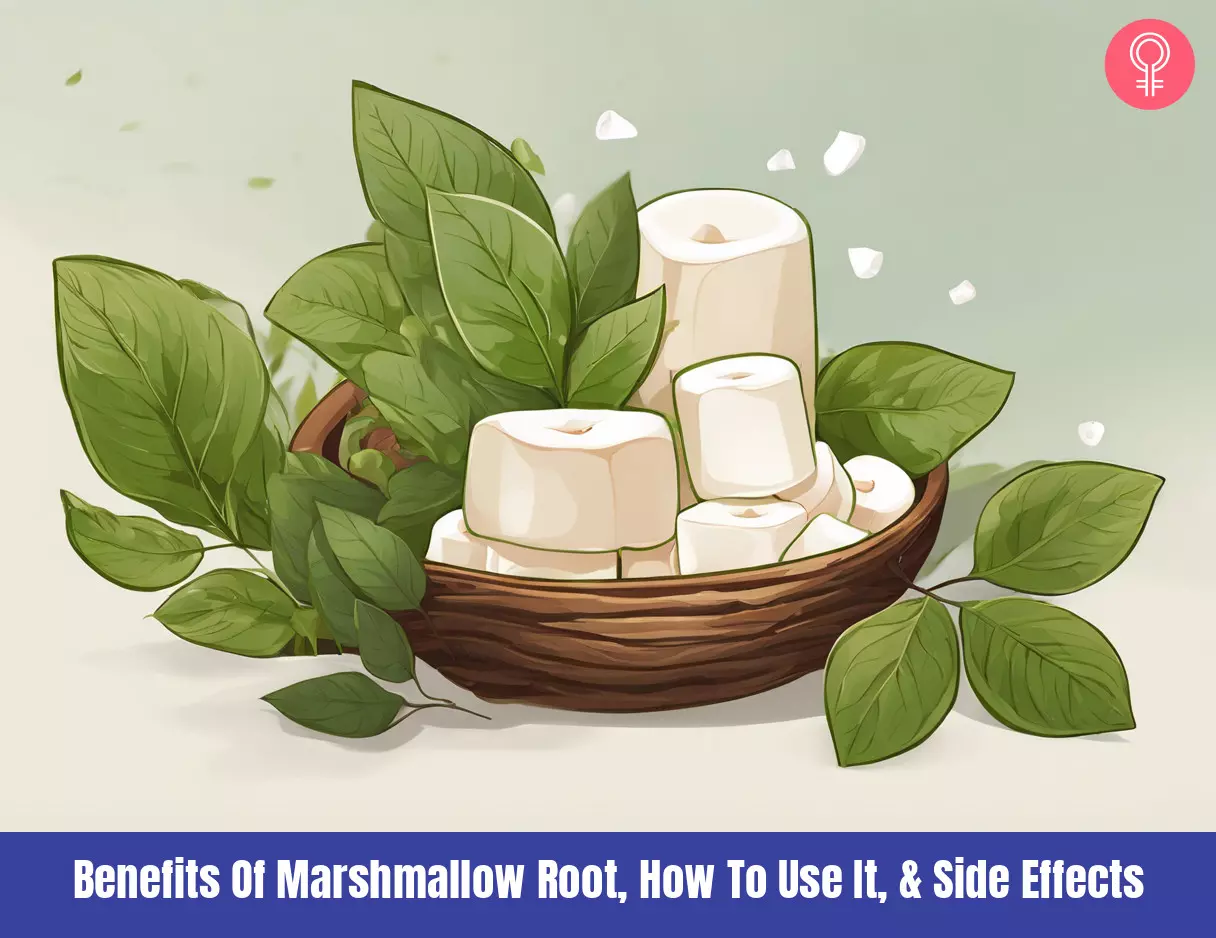
Image: Stable Diffusion/StyleCraze Design Team
Discover the amazing health benefits of marshmallow root! Watch this video and learn how this healthy herb can help improve digestion, reduce inflammation, and more!
Personal Experience: Source
StyleCraze's articles are interwoven with authentic personal narratives that provide depth and resonance to our content. Below are the sources of the personal accounts referenced in this article.
i. Fenugreek and Marshmallowhttps://adventuresacross2014.wordpress.com/2014/05/11/fenugreek-and-marshmallow/
References
Articles on StyleCraze are backed by verified information from peer-reviewed and academic research papers, reputed organizations, research institutions, and medical associations to ensure accuracy and relevance. Read our editorial policy to learn more.
- “Aqueous extracts and…”. US National Library of Medicine.
- “Marshmallow root extract for the treatment…”. US National Library of Medicine.
- “Open trial to assess aspects…”. Complementary Medicine Research.
- “Medicinal plants used in treatment of inflammatory…”. US National Library of Medicine.
- “Evaluation of the antibacterial…”. US National Library of Medicine.
- “Recommendations to the primary care…”. US National Library of Medicine.
- “Pharmacological evaluation of…”. Taylor & Francis Online.
- “Aqueous extrdacts an…”. ScienceDirect.
- “Gastroprotective effects of…”. Taylor & Francis Online.
- “Evaluation of the antibacterial activity of the…”. US National Library of Medicine.
- “Identification of medicinal plants of Urmia…”. ScienceDirect.
- “Marshmallow”. National Center for Biotechnology Information.
- Effect of Marshmallow’s Root Extract on Thyroid Hormones in Broilers
https://www.researchgate.net/publication/286041852_Effect_of_Marshmallow’s_Root_Extract_on_Thyroid_Hormones_in_Broilers#:~:text=On%20the%20whole%20the%20extract
Read full bio of Staci Gulbin
Read full bio of Ravi Teja Tadimalla
Read full bio of Arshiya Syeda
Read full bio of Aparna Mallampalli






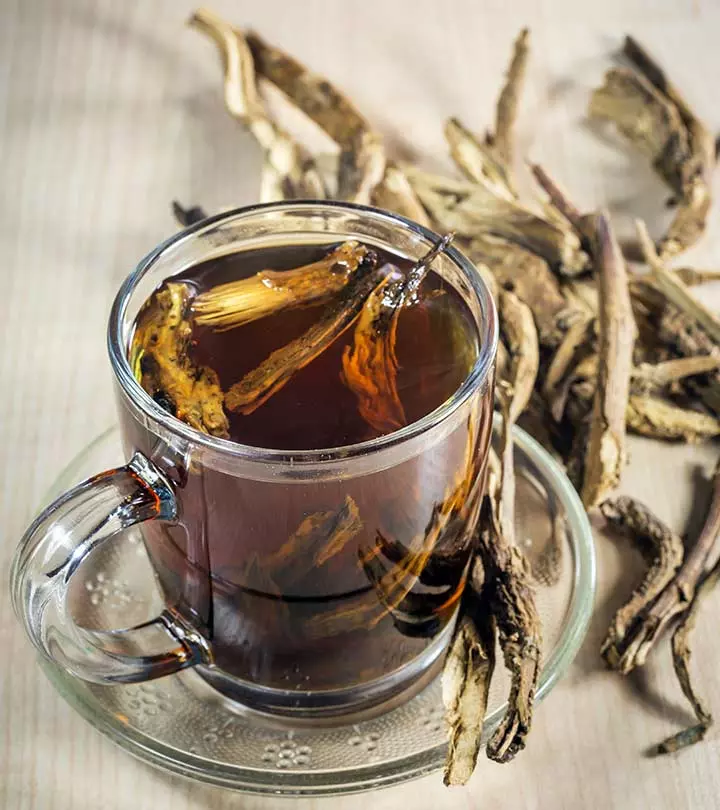

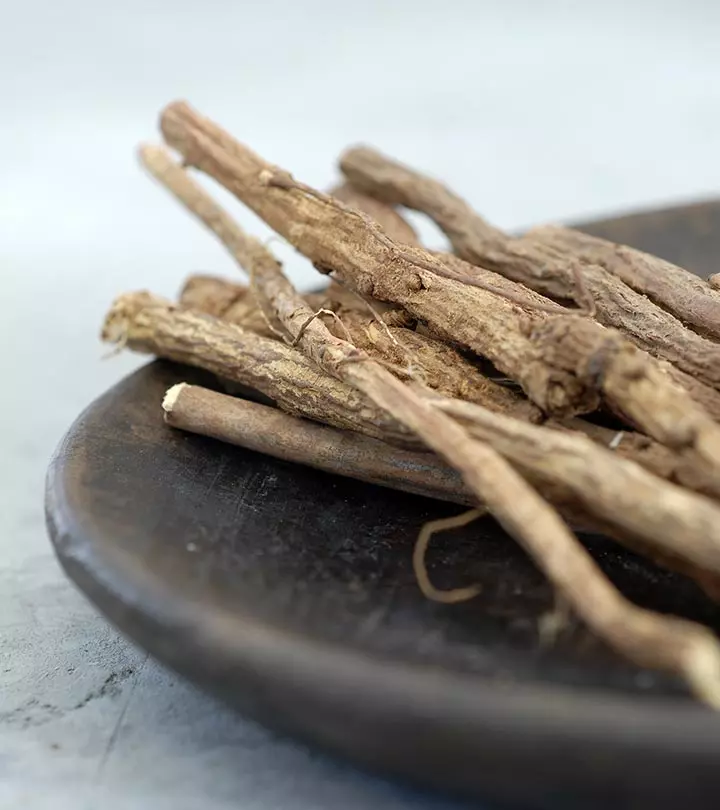
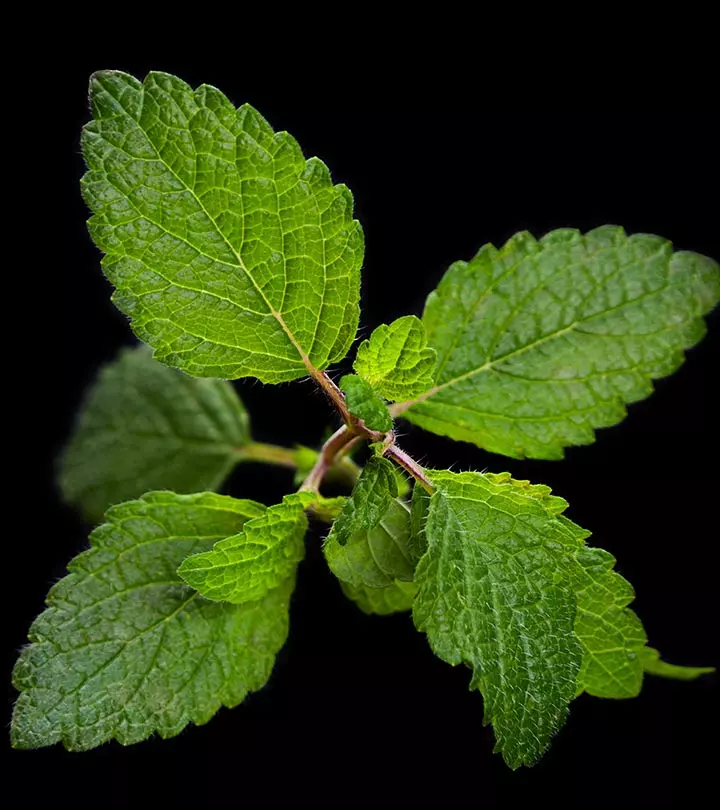
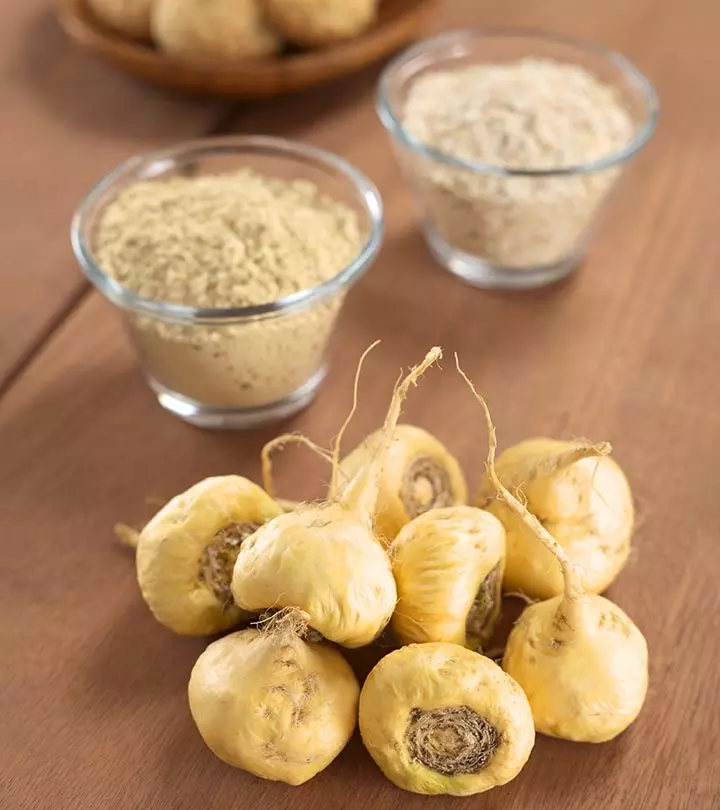


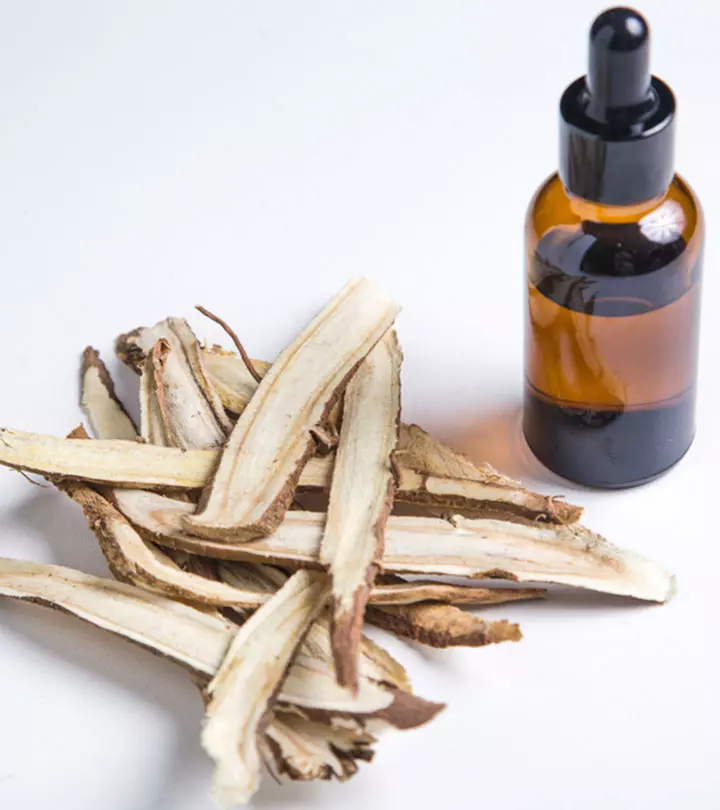

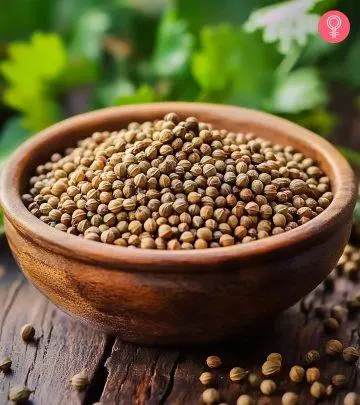

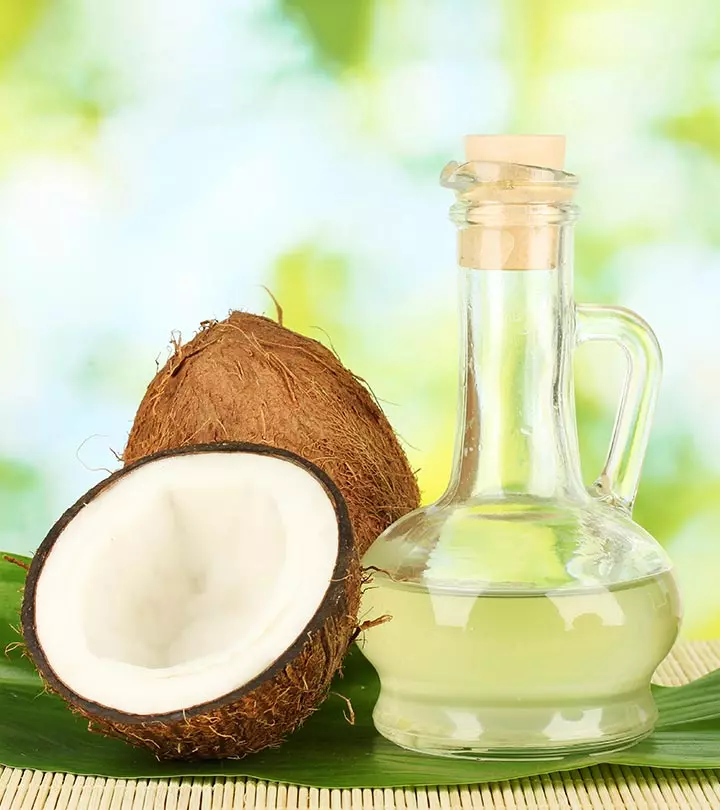
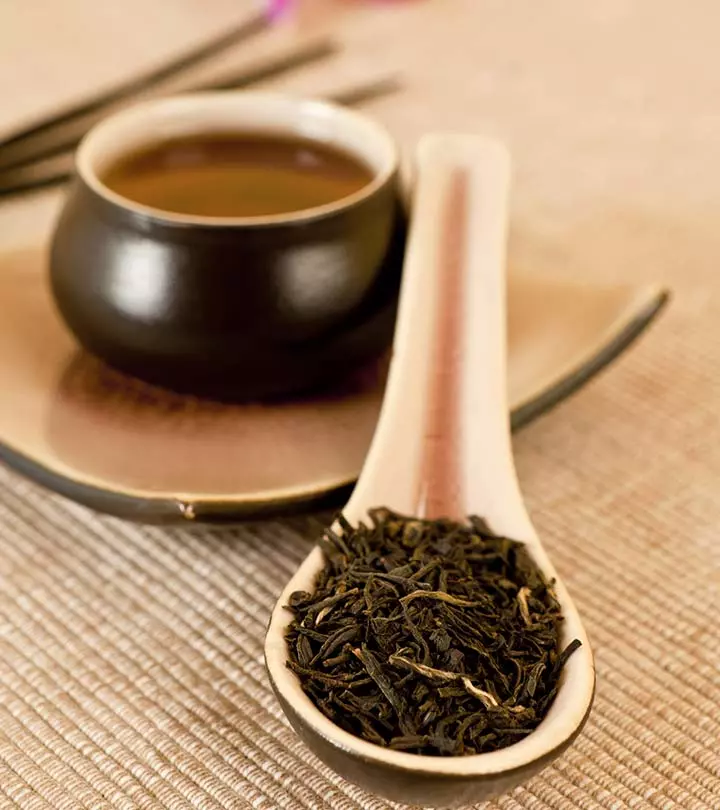
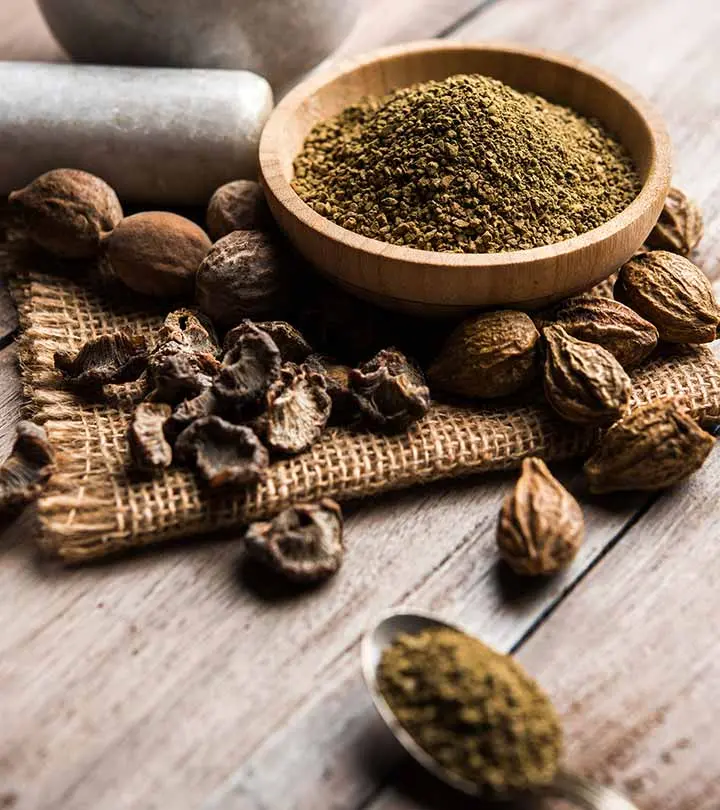
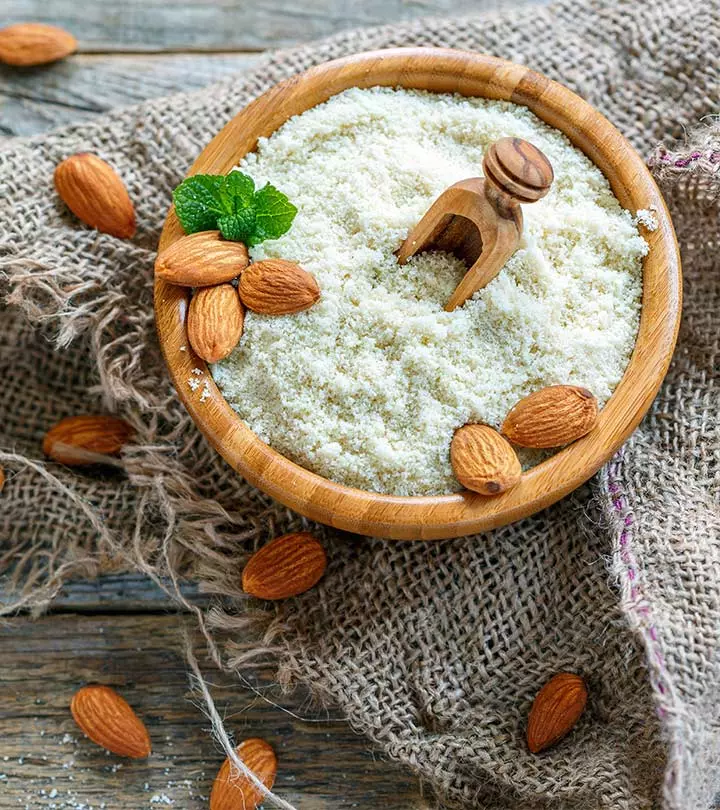

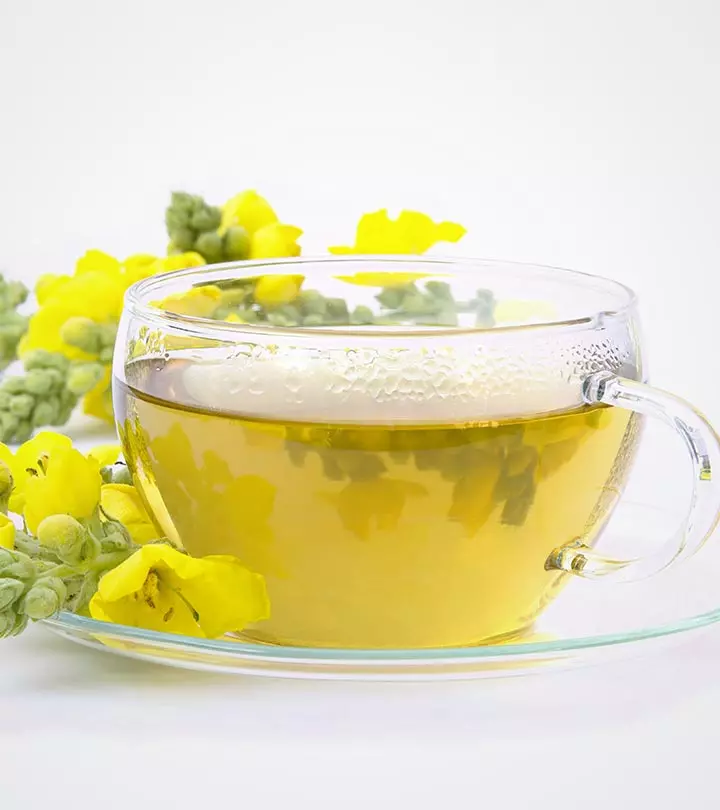

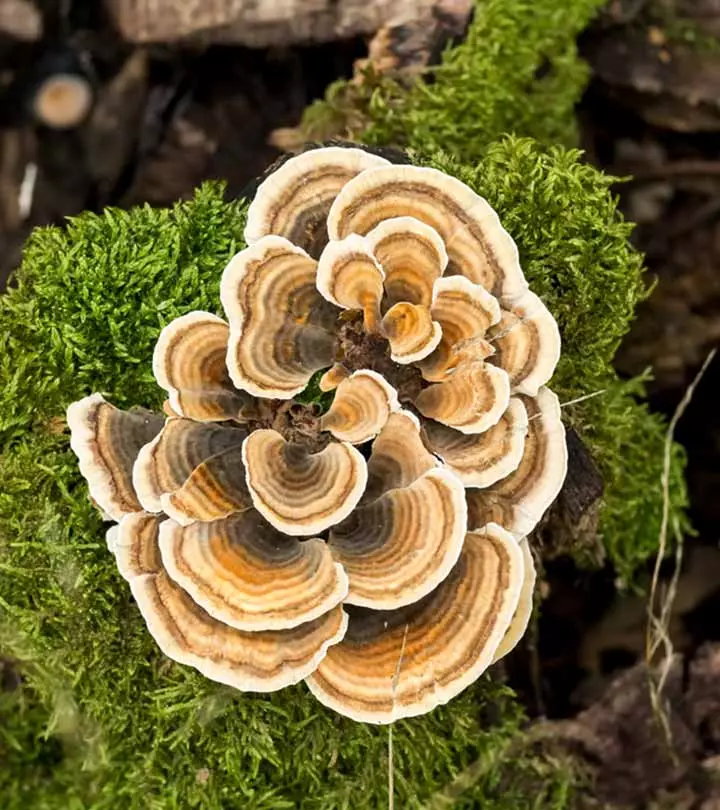
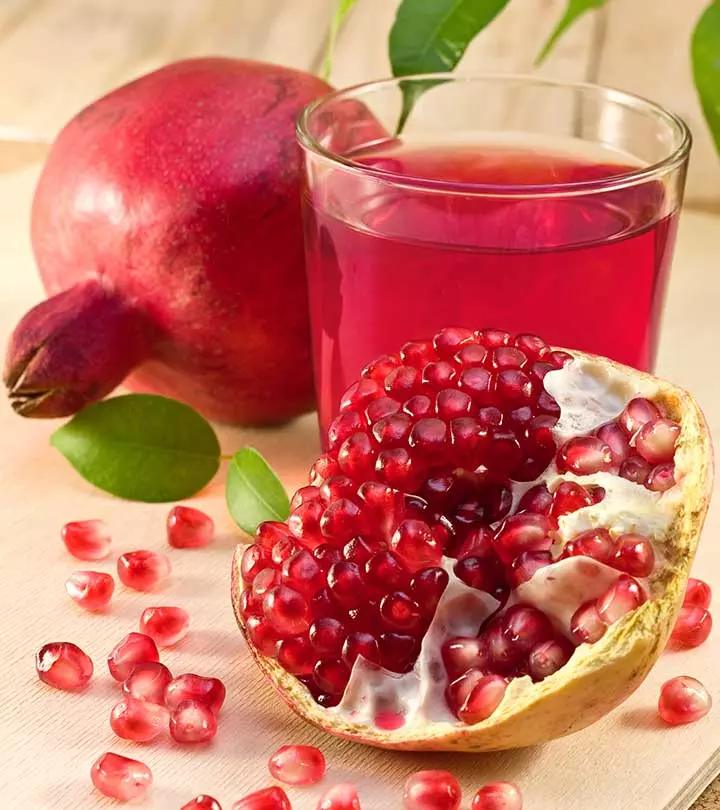
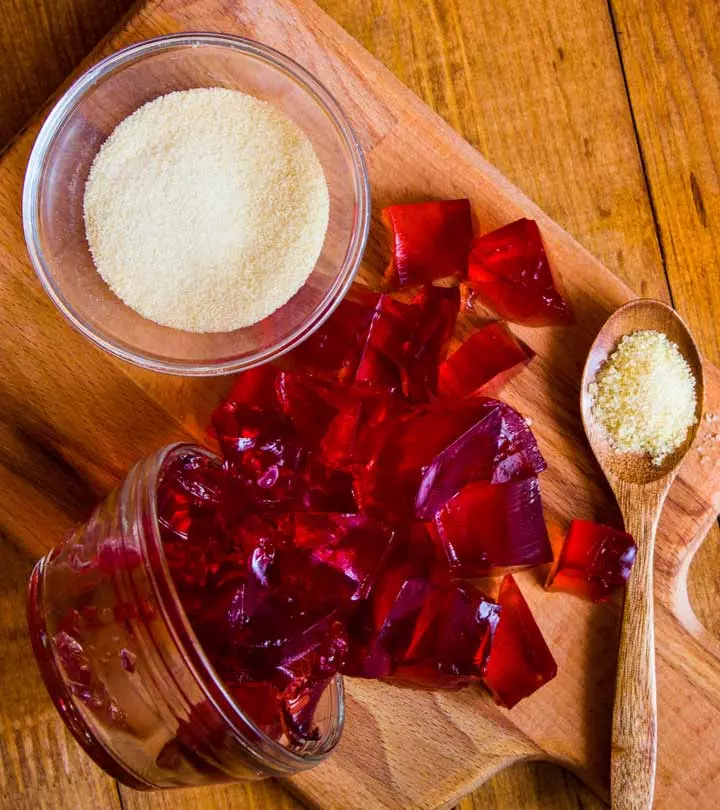
Community Experiences
Join the conversation and become a part of our empowering community! Share your stories, experiences, and insights to connect with other beauty, lifestyle, and health enthusiasts.